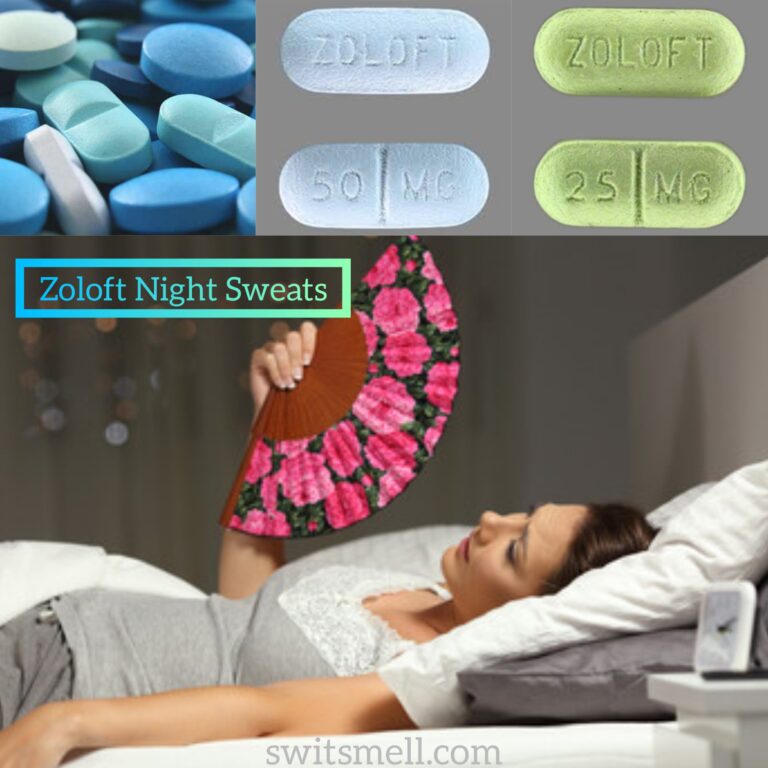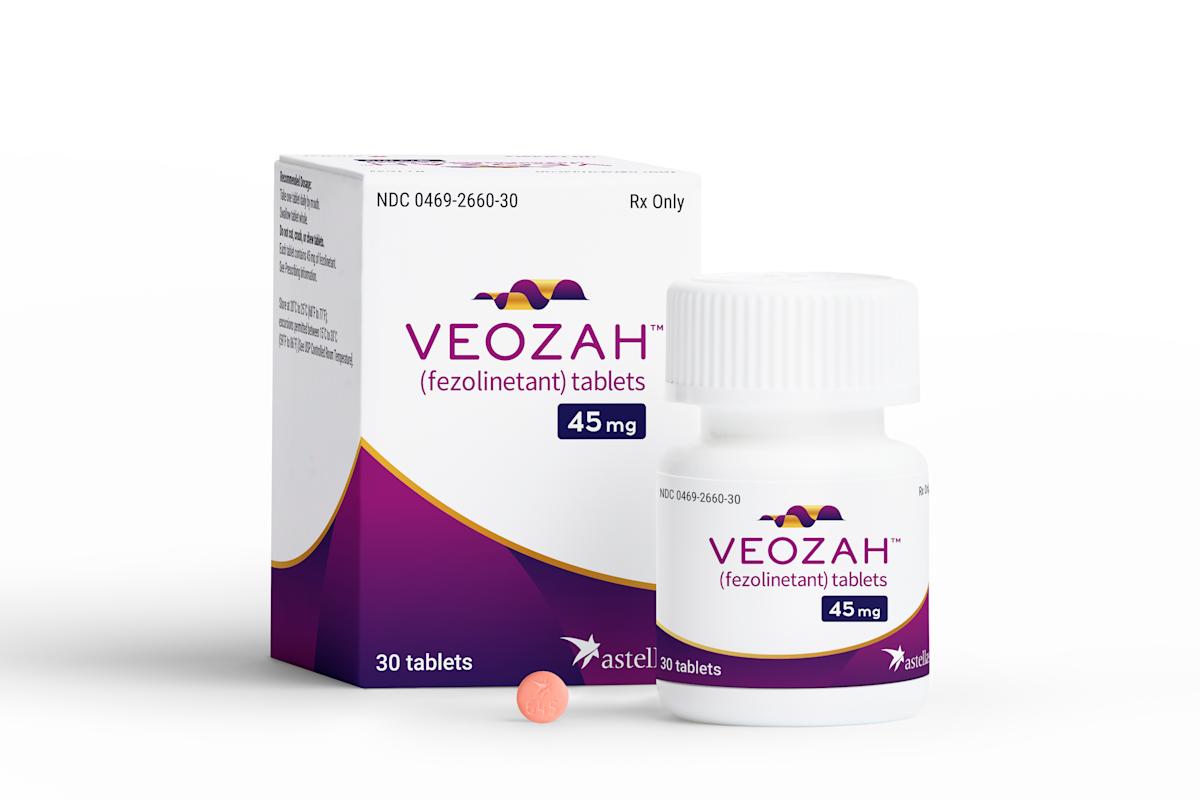Medications for hot flashes night sweats – Medications for hot flashes and night sweats offer relief from these common menopausal symptoms, improving quality of life and overall well-being. This guide provides a comprehensive overview of available medications, their mechanisms of action, and potential side effects, empowering individuals to make informed decisions about their treatment options.
Introduction
Hot flashes and night sweats are common symptoms of menopause, affecting up to 80% of women. These symptoms can significantly impact individuals’ quality of life, causing discomfort, sleep disturbances, and emotional distress.
Hot flashes are characterized by a sudden feeling of intense heat that spreads over the body, often accompanied by sweating, redness, and a rapid heartbeat. Night sweats are similar to hot flashes, but they occur during sleep, causing discomfort and disrupted sleep patterns.
Causes
The exact cause of hot flashes and night sweats is not fully understood, but they are believed to be related to changes in hormone levels, particularly estrogen. Estrogen plays a role in regulating body temperature, and when estrogen levels decline during menopause, it can disrupt the body’s ability to regulate temperature, leading to hot flashes and night sweats.
Medications for Hot Flashes and Night Sweats

Several medications can effectively alleviate the discomfort of hot flashes and night sweats associated with menopause. These medications work by targeting different mechanisms that contribute to these symptoms.
Commonly Used Medications
- Generic Name:Clonidine
- Brand Name:Catapres
- Mechanism of Action:Acts on alpha-2 adrenergic receptors in the brain, reducing sympathetic nerve activity and decreasing blood flow to the skin.
- Dosage and Administration:Typically 0.1-0.2 mg taken twice daily, can be increased as needed.
- Side Effects and Contraindications:Dry mouth, dizziness, drowsiness, hypotension, and bradycardia. Contraindicated in severe heart disease or hypotension.
- Generic Name:Gabapentin
- Brand Name:Neurontin
- Mechanism of Action:Binds to alpha-2-delta subunits of voltage-gated calcium channels, reducing neuronal excitability.
- Dosage and Administration:Typically 300-900 mg taken three times daily, can be increased as needed.
- Side Effects and Contraindications:Dizziness, somnolence, ataxia, and weight gain. Contraindicated in severe renal impairment.
- Generic Name:Paroxetine
- Brand Name:Paxil
- Mechanism of Action:Selectively inhibits serotonin reuptake, increasing serotonin levels in the brain.
- Dosage and Administration:Typically 10-20 mg taken once daily.
- Side Effects and Contraindications:Nausea, diarrhea, sexual dysfunction, and weight gain. Contraindicated in combination with MAO inhibitors and in severe liver impairment.
- Generic Name:Venlafaxine
- Brand Name:Effexor
- Mechanism of Action:Inhibits serotonin and norepinephrine reuptake, increasing their levels in the brain.
- Dosage and Administration:Typically 75-150 mg taken once daily.
- Side Effects and Contraindications:Nausea, dizziness, dry mouth, and sexual dysfunction. Contraindicated in combination with MAO inhibitors and in severe liver or renal impairment.
- Generic Name:Estrogen Replacement Therapy (ERT)
- Brand Name:Various
- Mechanism of Action:Replaces estrogen levels that decline during menopause, reducing hot flashes and night sweats.
- Dosage and Administration:Varies depending on the specific formulation and route of administration.
- Side Effects and Contraindications:Increased risk of blood clots, heart disease, and stroke. Contraindicated in women with a history of breast cancer, uncontrolled hypertension, or active liver disease.
Comparison of Medications
Different medications used to treat hot flashes and night sweats vary in their efficacy, side effects, and cost. It’s important to discuss the advantages and disadvantages of each medication with a healthcare professional to determine the most suitable option for individual needs.
Efficacy
The efficacy of a medication refers to its ability to effectively reduce the frequency and severity of hot flashes and night sweats. Some medications may provide more significant relief than others, and the optimal choice will depend on the individual’s response to treatment.
Side Effects
Medications for hot flashes and night sweats can have various side effects, ranging from mild to severe. Common side effects include nausea, dizziness, headaches, and sleep disturbances. The severity and type of side effects can vary depending on the medication and individual sensitivity.
Cost
The cost of medications for hot flashes and night sweats can vary significantly depending on the type of medication, dosage, and insurance coverage. It’s important to consider the cost when selecting a medication to ensure affordability and long-term adherence to treatment.
| Medication | Efficacy | Side Effects | Cost |
|---|---|---|---|
| Hormone Therapy (HT) | Highly effective in reducing hot flashes and night sweats | May increase the risk of certain cancers, blood clots, and heart disease | Varies depending on type and dosage |
| Selective Serotonin Reuptake Inhibitors (SSRIs) | Moderately effective in reducing hot flashes and night sweats | May cause nausea, dizziness, and sexual dysfunction | Generally less expensive than HT |
| Serotonin-Norepinephrine Reuptake Inhibitors (SNRIs) | Moderately effective in reducing hot flashes and night sweats | May cause nausea, dizziness, and constipation | Generally more expensive than SSRIs |
| Gabapentin | Moderately effective in reducing hot flashes and night sweats | May cause drowsiness, dizziness, and confusion | Generally less expensive than HT |
| Clonidine | Moderately effective in reducing hot flashes and night sweats | May cause dry mouth, constipation, and hypotension | Generally less expensive than HT |
It’s important to note that this table provides a general overview of the efficacy, side effects, and cost of different medications. Individual experiences may vary, and it’s essential to consult with a healthcare professional for personalized advice and treatment recommendations.
Lifestyle Modifications

Lifestyle modifications can play a significant role in reducing the frequency and severity of hot flashes and night sweats. By adopting certain healthy habits, individuals can alleviate these symptoms and improve their overall well-being.
Here are some specific recommendations and examples:
Diet
- Limit caffeine and alcohol consumption, as these substances can trigger hot flashes.
- Avoid spicy foods, which can increase body temperature.
- Consume plenty of fruits and vegetables, which are rich in antioxidants and phytoestrogens that may help reduce hot flashes.
Exercise
- Engage in regular physical activity, such as brisk walking, swimming, or cycling, to improve circulation and reduce stress levels.
- Avoid exercising too close to bedtime, as this can raise body temperature and make it harder to fall asleep.
Stress Management
- Practice stress-reducing techniques such as yoga, meditation, or deep breathing exercises.
- Get enough sleep, as sleep deprivation can worsen hot flashes.
- Consider seeking professional help from a therapist or counselor if stress is a significant contributing factor to hot flashes.
Alternative Therapies: Medications For Hot Flashes Night Sweats
Alternative therapies offer a non-pharmaceutical approach to managing hot flashes and night sweats. While research on their effectiveness varies, some therapies have shown promising results.
Acupuncture, Medications for hot flashes night sweats
Acupuncture involves inserting thin needles into specific points on the body to stimulate the release of endorphins and other neurochemicals. Studies have shown that acupuncture may reduce hot flashes by up to 50%.
Herbal Remedies
Certain herbal remedies, such as black cohosh, red clover, and chasteberry, have been traditionally used to alleviate hot flashes. While some studies have found these remedies to be effective, others have shown mixed results.
Cognitive Behavioral Therapy
Cognitive behavioral therapy (CBT) focuses on changing negative thoughts and behaviors that may contribute to hot flashes. CBT has been shown to be effective in reducing hot flash frequency and severity by up to 30%.
Conclusion
Hot flashes and night sweats are common symptoms of menopause that can significantly impact a woman’s quality of life. Various treatment options are available, including medications, lifestyle modifications, and alternative therapies. The best approach depends on the individual’s preferences and severity of symptoms.
For individuals seeking treatment, it is essential to consult with a healthcare provider to determine the most appropriate option. The provider can provide personalized guidance based on a woman’s medical history, symptoms, and overall health.
Conclusion
In conclusion, medications for hot flashes and night sweats offer effective relief, with various options available to suit individual needs and preferences. Lifestyle modifications and alternative therapies can also complement medical treatment, providing a holistic approach to managing these symptoms.
Consulting a healthcare professional is crucial to determine the most appropriate treatment plan, ensuring optimal outcomes and improved quality of life during menopause.
FAQ Corner
What are the most common medications used for hot flashes and night sweats?
Commonly prescribed medications include hormone therapy (HT), selective serotonin reuptake inhibitors (SSRIs), and clonidine.
Are there any natural remedies for hot flashes and night sweats?
Lifestyle modifications such as regular exercise, stress management, and dietary changes can help reduce symptoms. Herbal remedies like black cohosh and red clover may also provide relief.
How long does it take for medications to work for hot flashes and night sweats?
The onset of action varies depending on the medication. Some, like SSRIs, may take several weeks to show improvement, while others, like clonidine, provide faster relief.
